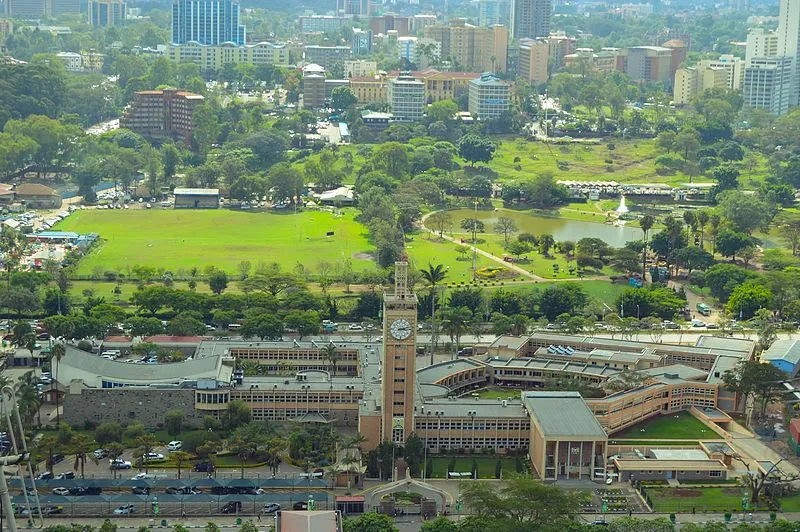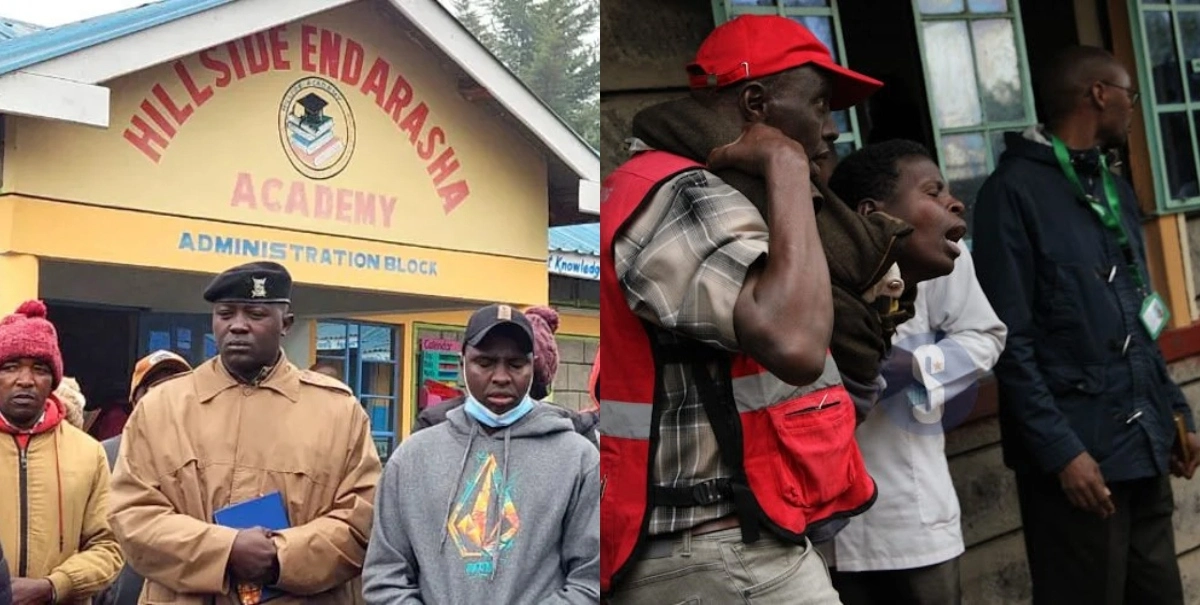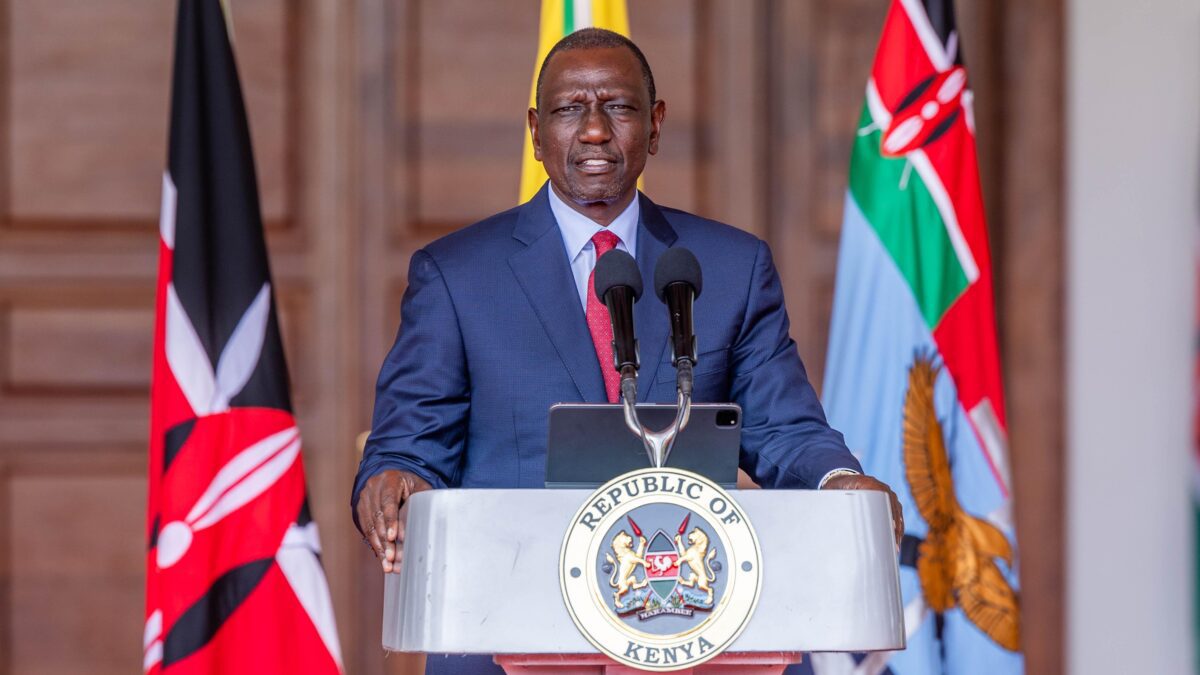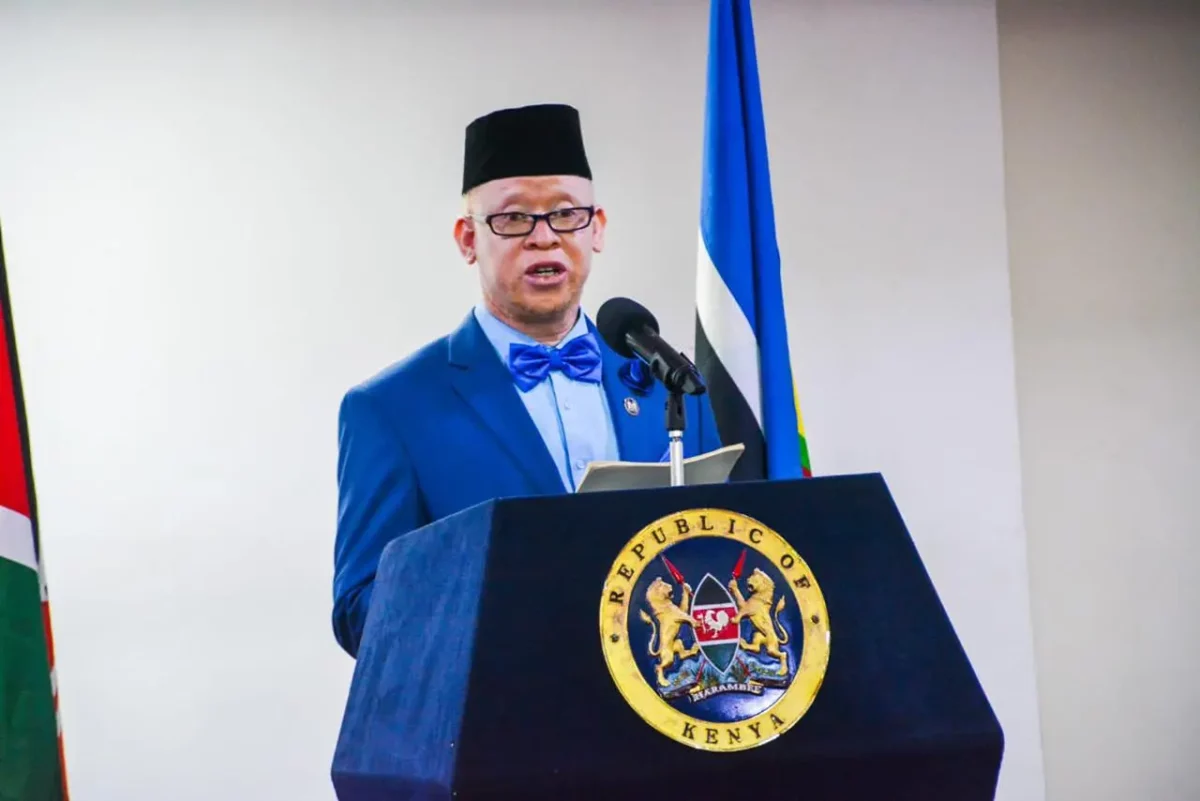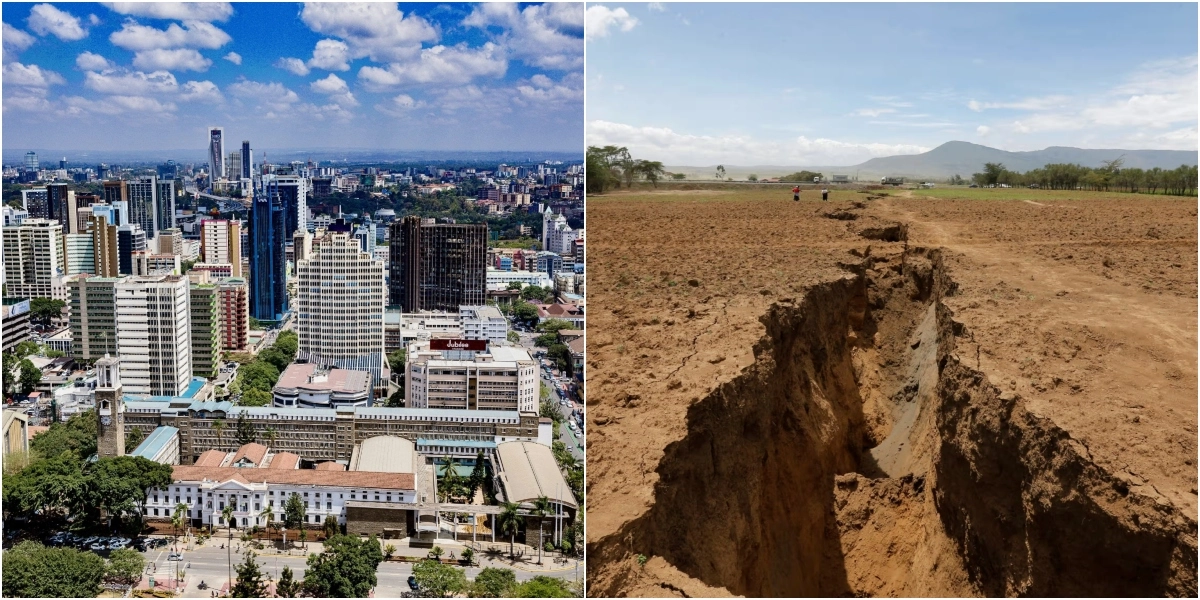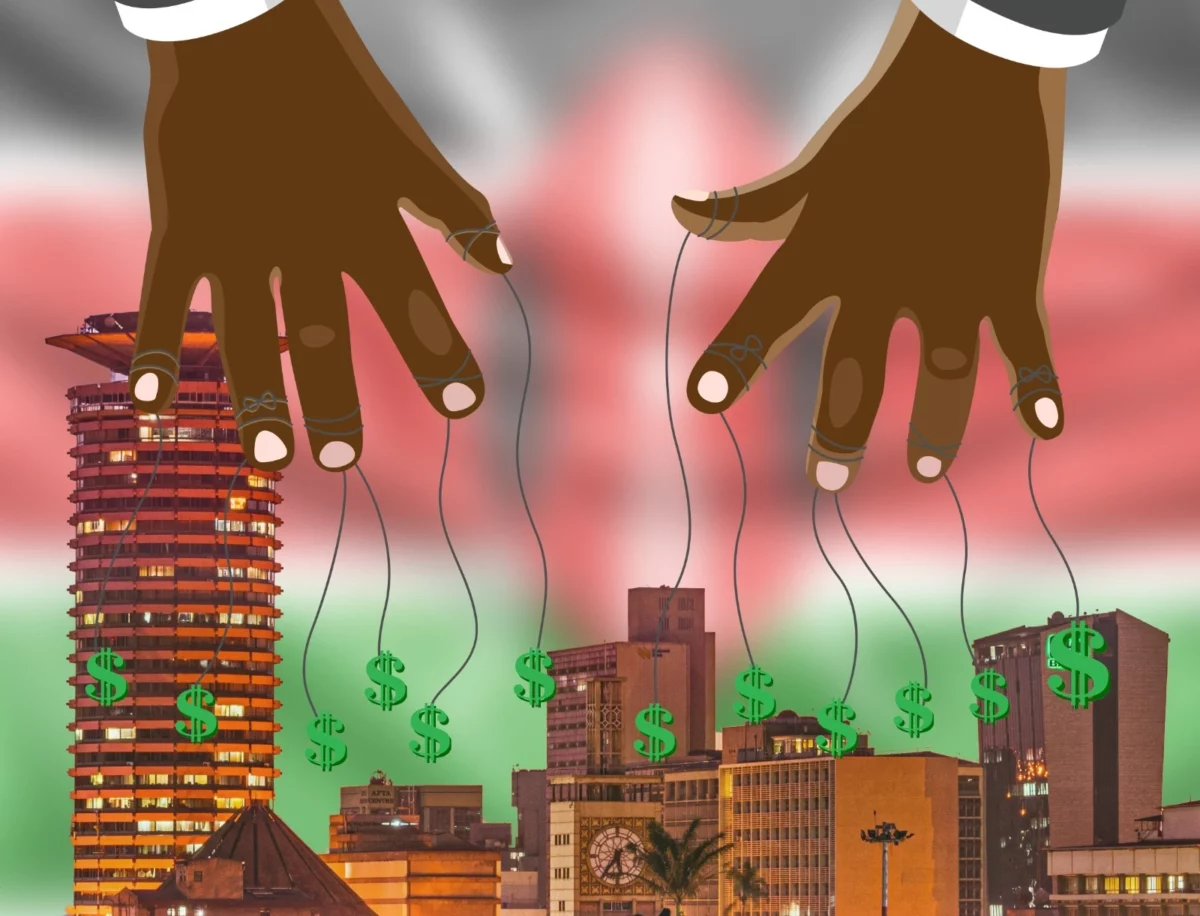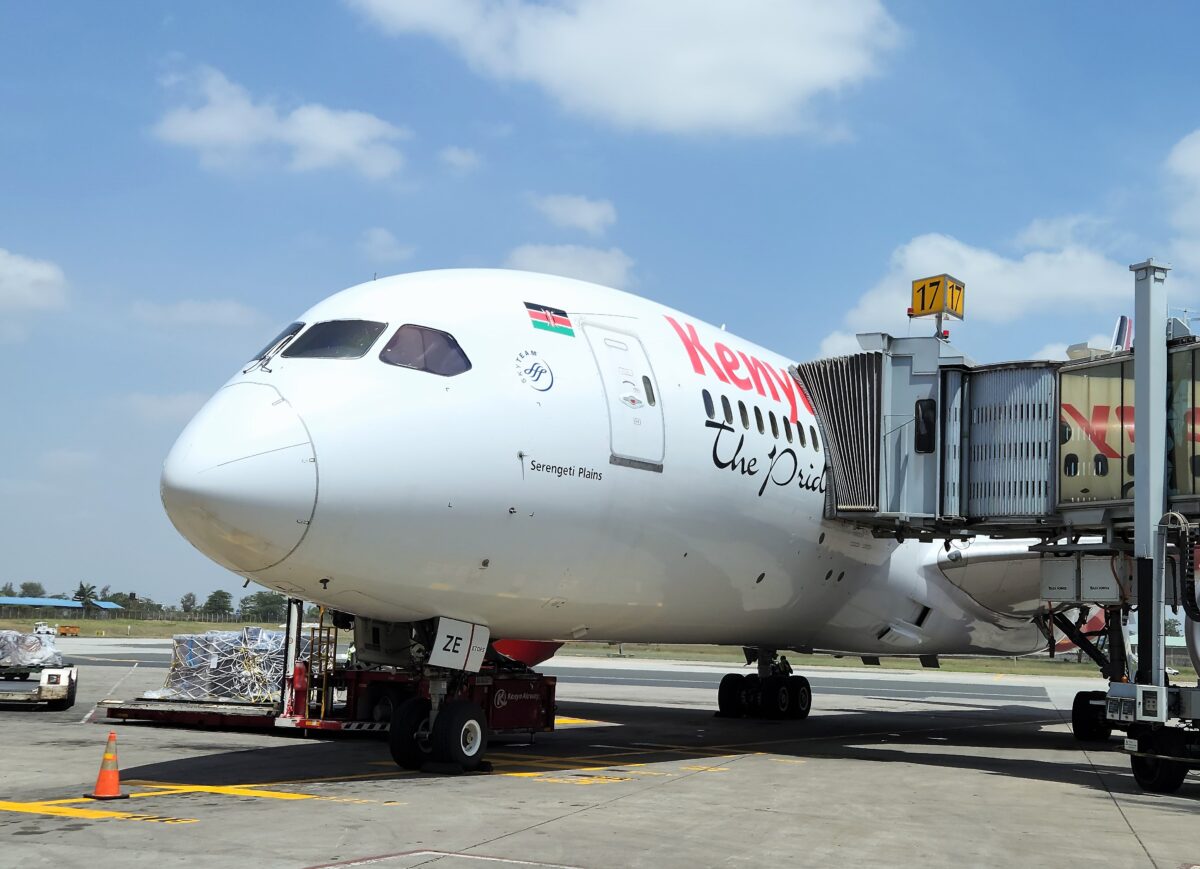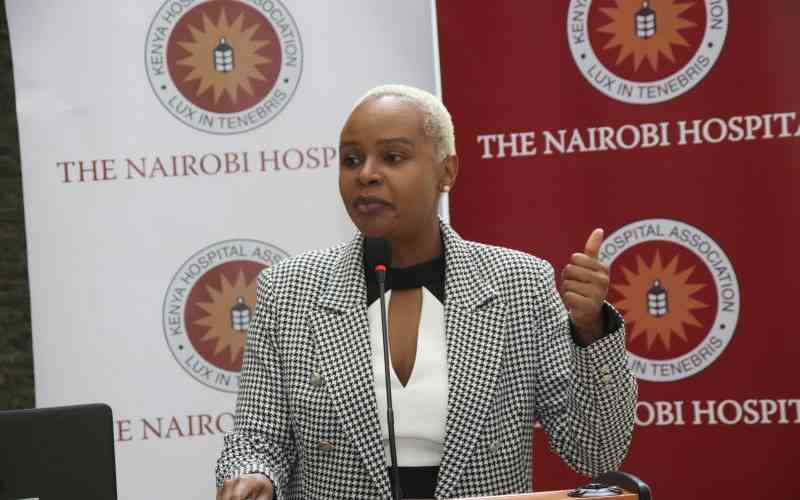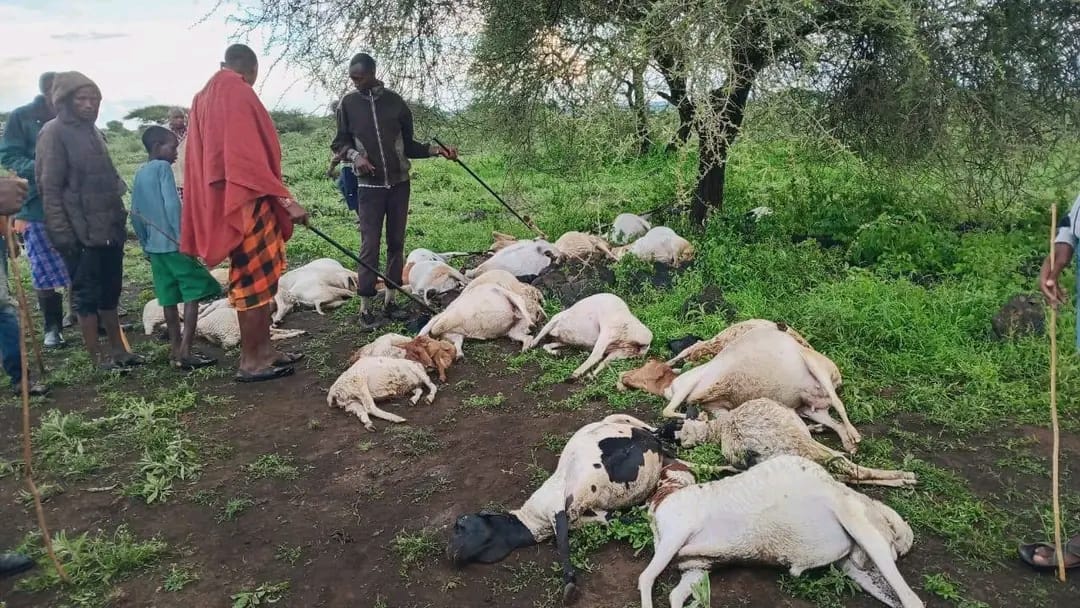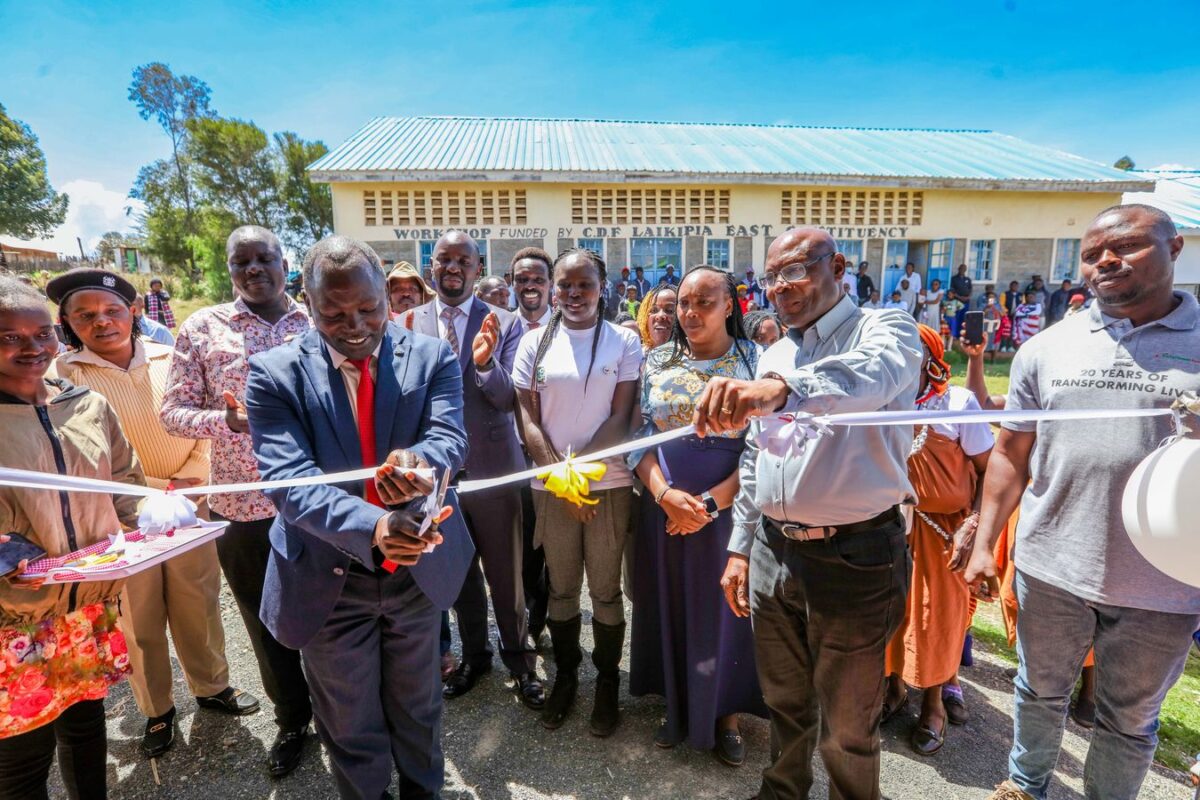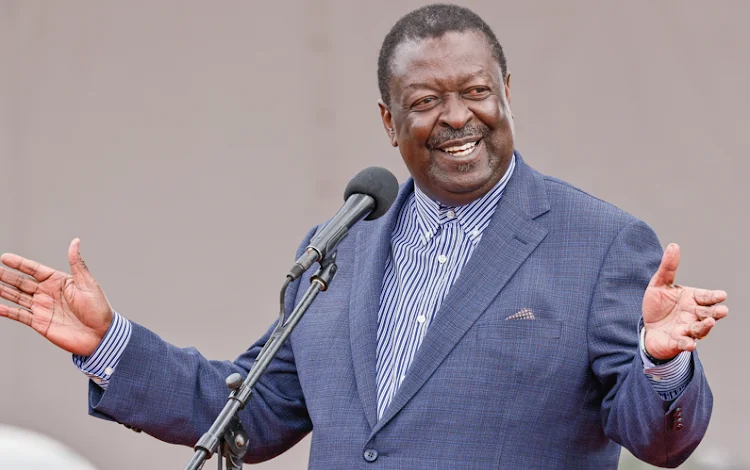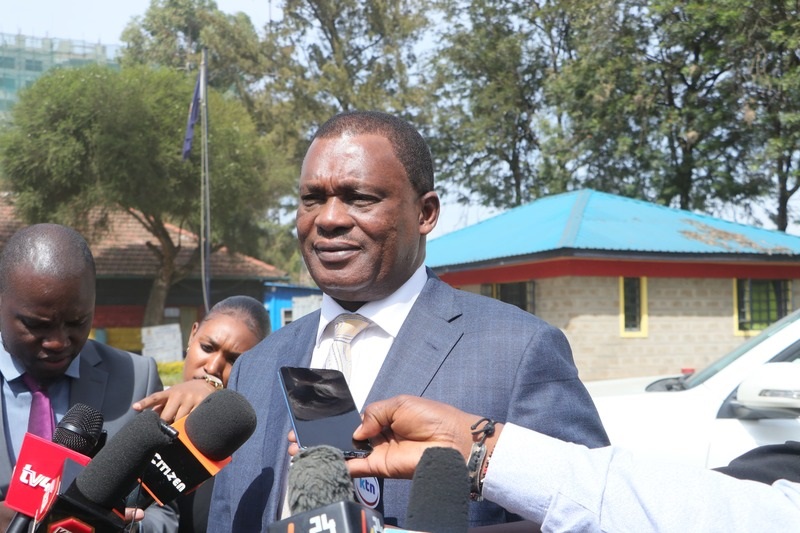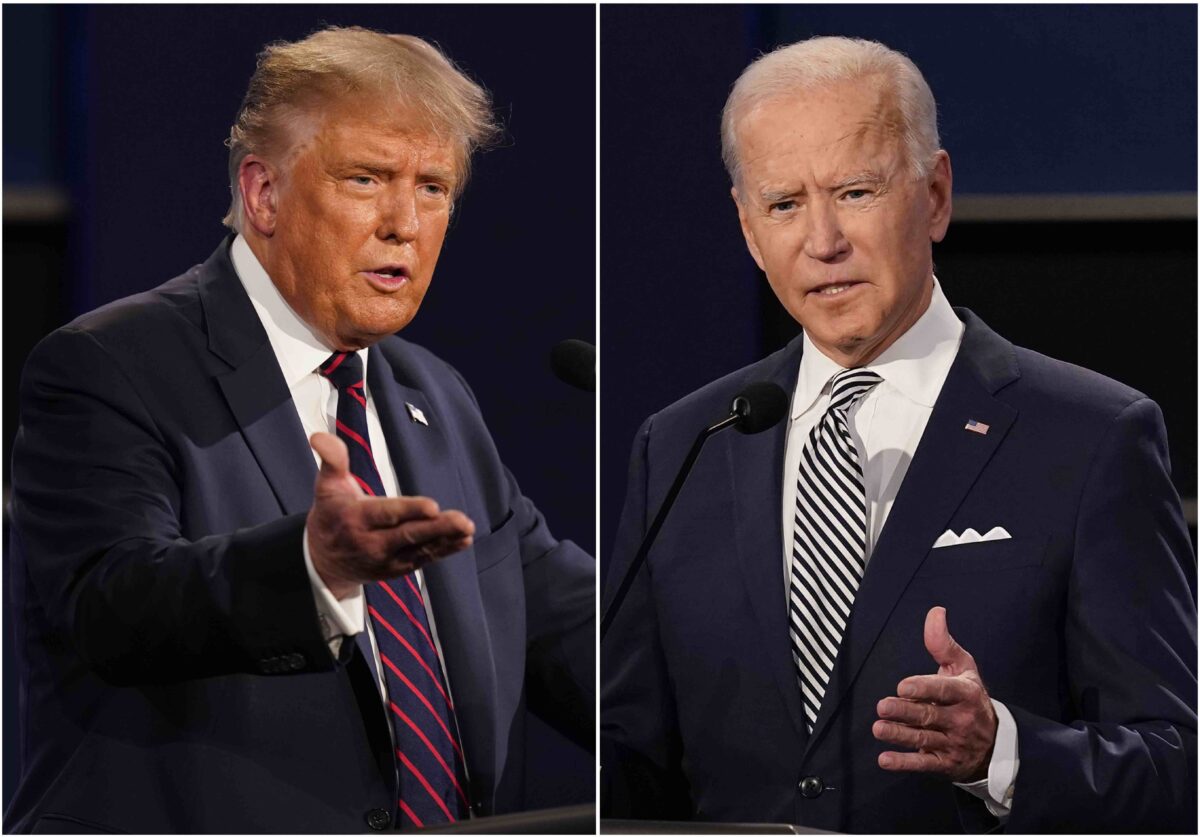African nations came together from September 4th to 6th at the Africa Climate Week, forging homegrown solutions and constructing a durable financial foundation to tackle climate change.
President William Ruto of Kenya highlighted the summit’s significance, saying, “The Africa Climate Summit has shown that Africa is ready to be a global leader in addressing climate change. We must take bold steps to protect our environment and our people.”
Read also: Africa Leaders Call for Fossil Fuel Tax and Climate Finance
![President William Ruto speaking at the Africa Climate Summit at KICC, [Nairobi. PHOTO/ COURTESY] Climate Week](https://news.switchtv.ke/wp-content/uploads/2023/09/climate-og_image.webp)
During the climate week, The Centre for Climate and Sustainability Empowerment (CCSE) took a leading role in the fight against climate change as presented by their Executive Director, Mr. Kassim Hussein.
They believe that global taxes on polluting activities, as proposed in the Nairobi Declaration, can fund environmental protection projects.
Young Climate Innovators Program (YCLIP), a CCSE initiative launched during Climate Week, aims to empower young people to develop climate innovations in vulnerable and marginalized communities geared towards climate change mitigation and adaptation.
It covers environmental protection, waste management, and sustainable farming topics.
Speaking to Mr. Kassim Hussein, he noted that, “Young people are the future, and with the right education and teamwork, they can drive change.”
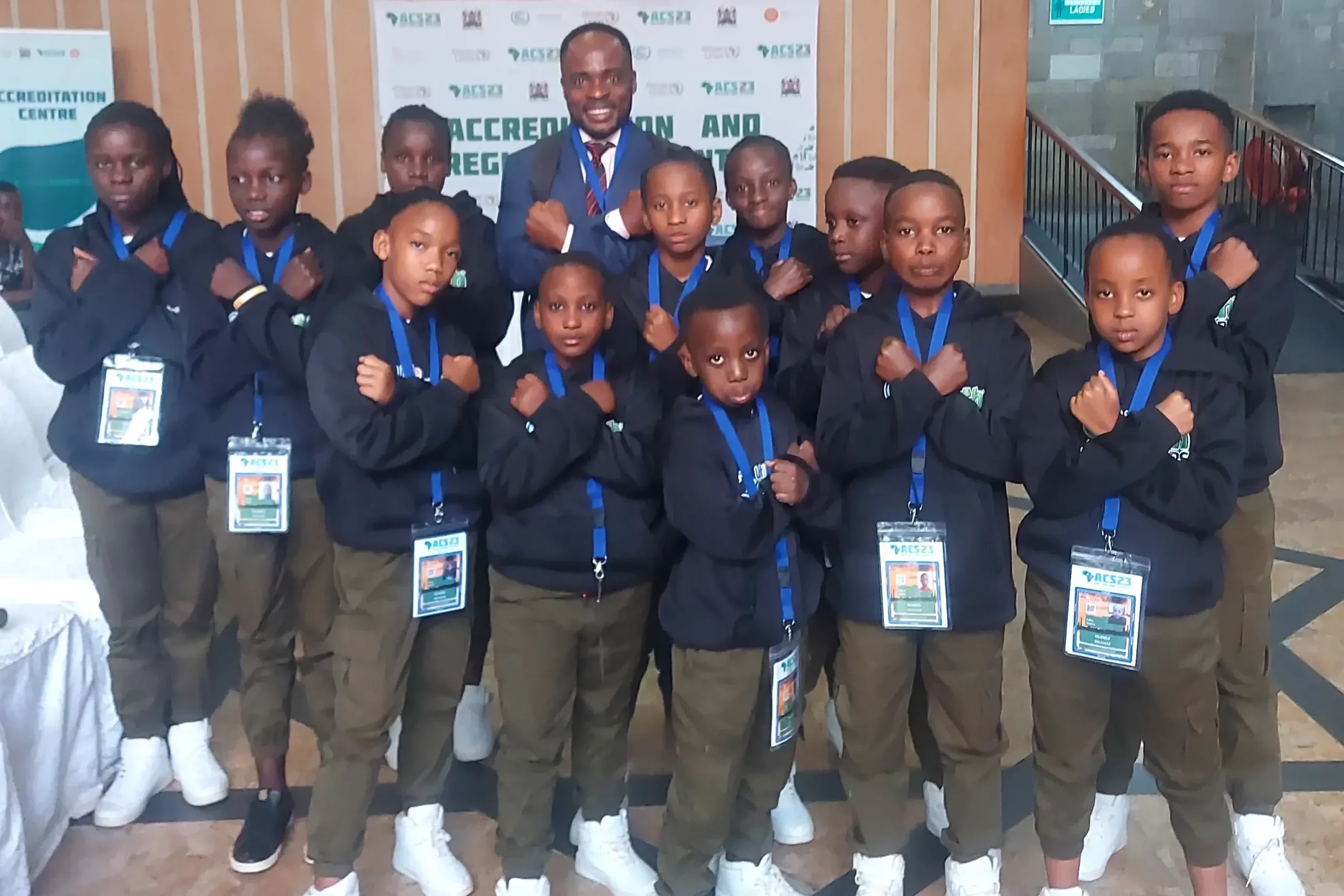
As we reflect on the Africa Climate Summit’s accomplishments and CCSE’s pivotal role, it’s clear that the battle against climate change is ongoing.
Africa’s commitment to the Nairobi Declaration and CCSE’s dedication to empowering the next generation demonstrate that change is possible, one step at a time.
In the words of Mr. Kassim, “We can’t wait, and we can’t give up. Climate change affects all of us, and we all have a part to play in finding solutions.”
At the heart of the summit’s accomplishments was the momentous unveiling of the Nairobi Declaration. This groundbreaking statement not only calls for increased climate financing for Africa but also binds African nations to ambitious climate objectives, including greenhouse gas reduction and investments in renewable energy.
President Salva Kiir of South Sudan said, “The Nairobi Declaration is a testament to our commitment to the environment. We will reduce emissions and embrace renewable energy to secure a sustainable future.”
![South Sudan President Salva Kiir Mayardit during the Heads of State session of the Africa Climate Summit at KICC on September 5, 2023. [Image/PCS] Climate Week](https://news.switchtv.ke/wp-content/uploads/2023/09/unnamed-2-1.webp)
It is clear that the path ahead required Africa to marshal its resources to turn declarations into actions.
President Isaias Afwerki of Eritrea urged African nations to look inward, saying, “We must find alternatives to external assistance. It’s time for African countries to pool their resources and expertise.”
One avenue to mobilize resources is through regional economic communities (RECs) like COMESA, EAC, ECOWAS, SADC, and UMA.
Read also: Innovative Climate Finance Solutions for Africa
These RECs can facilitate collaboration and knowledge exchange, as mentioned by President Afwerki, “Our regional communities can play a vital role in coordinating climate action.”
Public-private partnerships also hold promise. Collaborating with the private sector can bring much-needed expertise and resources to climate-friendly projects.
Subscribe to Switch TV
During the summit, carbon credits emerged as a significant topic of discussion.
Africa, responsible for just 4% of global greenhouse gas emissions, can generate carbon credits through renewable energy projects and enhanced energy efficiency measures.
In the words of Professor Amina, “Carbon credits offer Africa a unique opportunity to mitigate climate change and improve livelihoods.”

